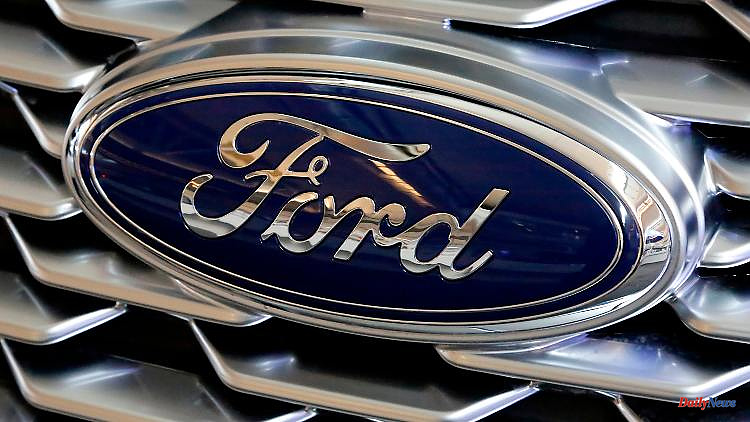Despite persistent supply chain issues, increased material costs and ongoing shortages of key components, Ford confirms its full-year profit guidance. The carmaker's jump in sales is well above what analysts had expected for the second quarter.
Despite increased costs, Ford is sticking to its annual outlook. The US automaker posted second-quarter earnings after the US market close, ahead of analyst expectations, but said it was actively seeking measures to curb rising costs. Profits rose slightly to $667 million, while sales rose 50 percent to $40 billion from $26.8 billion in the same period last year. Back then, production had been hampered by supply chain issues.
Analysts had only predicted sales of $34.3 billion. Ford fared better than local rival General Motors, whose second-quarter net income fell 40 percent because of fragile supply chains and rising costs. GM had nevertheless also reaffirmed its forecast for the year.
Ford again made money almost exclusively in its home market of North America, where demand for SUVs and pick-up trucks with lucrative profit margins is high. In Europe there were at least black numbers, even if the profit was only 10 million dollars. A loss was incurred in China, where Covid lockdowns made business difficult.
Ford, the third-largest automaker in the United States in terms of sales after GM and Toyota, has announced that it will split its electric car and combustion engine businesses into two independent entities in order to gain ground in the competition with Tesla. In Europe, too, the group is switching to electric cars and redistributing production to its plants. The factory in Valencia, Spain, was recently awarded the contract as the preferred location for vehicles of the next electric architecture. The plant in Saarlouis, Saarland, went empty-handed and now has to worry about its capacity utilization.












